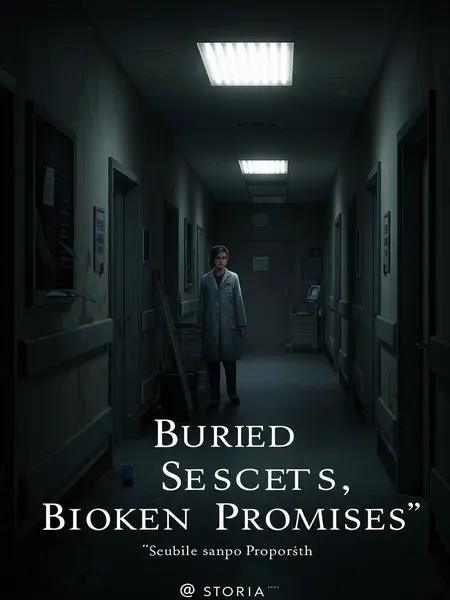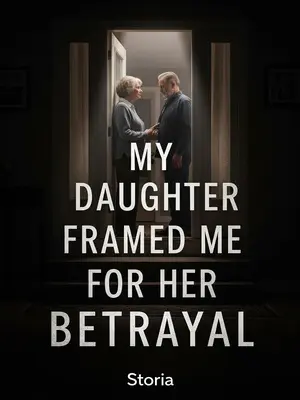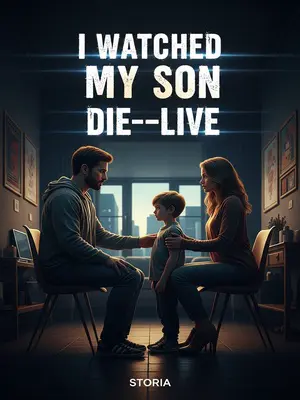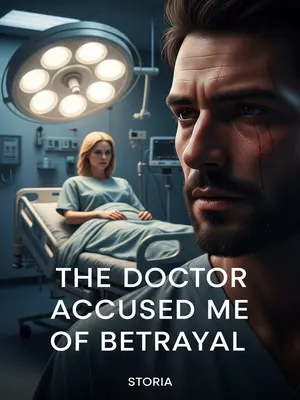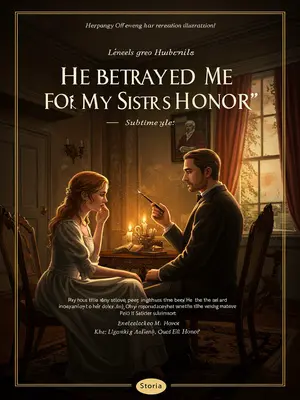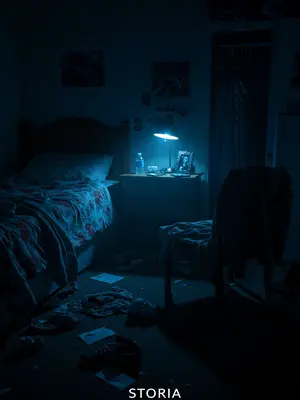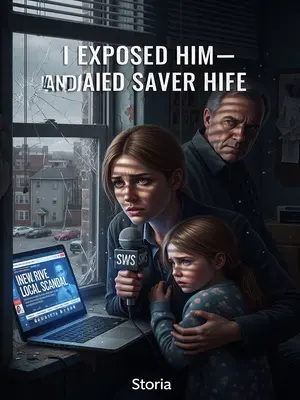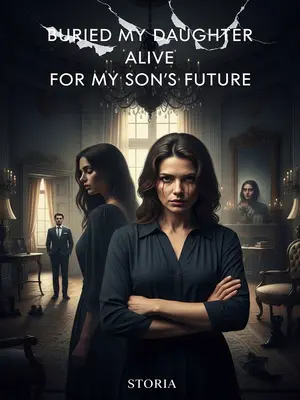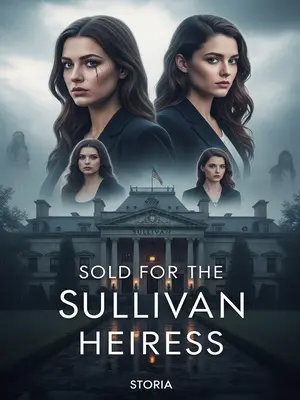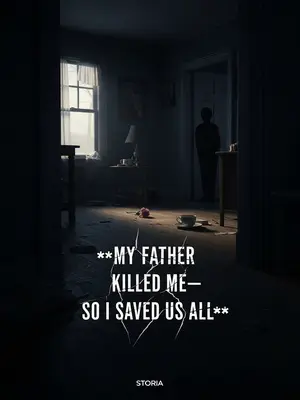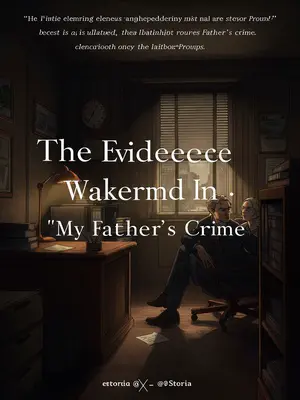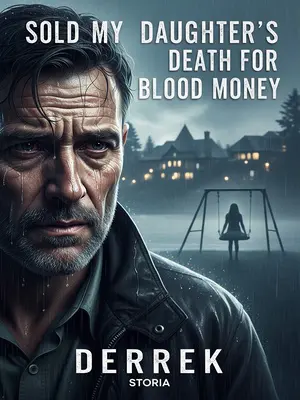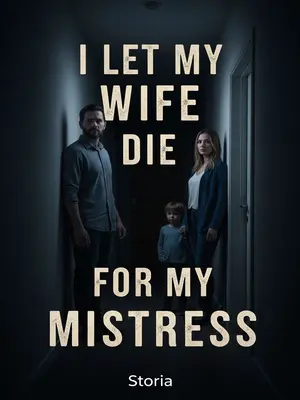Chapter 3: The Police Arrive
The local police arrived. With a city sports event underway, public safety was on 24-hour duty; all the officers had dark circles under their eyes from exhaustion.
Their cruiser’s lights flashed red and blue against the faded vinyl siding, drawing more curious neighbors to their porches. Officer Ramirez led the way, rubbing his temples, his uniform wrinkled. They looked like they hadn’t seen a bed in days—one even clutched a gas station coffee, half-cold.
They tried to disperse the crowd but failed, so they herded everyone into my yard. Those who couldn't fit spilled into the memorial hall, packing it so tight you could barely move—but at least it didn’t look chaotic from the street.
It was tactical: keep the commotion out of sight, as if a neatly contained mess didn’t count. My mother wrung her hands, peering out the window. Even the family dog, Moose, barked helplessly from his crate, sensing the tension.
"Officer, let me report the situation to you," the group leader said, puffed up with self-righteousness. "We are all unfortunate souls, cancer patients. Some have been late-stage for years, barely hanging on. Thanks to the care and help of society and kindhearted people, our condition has been well managed. For the further development of our society..."
He puffed up as if giving a State of the Union, voice wobbling with self-importance. A few folks in the back tittered, one rolled her eyes. It was almost surreal—life and death, hope and bureaucracy, colliding in our backyard.
Officer Ramirez cut him off, impatient: "Okay, buddy, save the monologue for city hall. Why are you all camped out here?"
The group leader, suddenly bashful, replied, "I was just getting to that. All of us patients are here today for one reason: to seek justice!"
He tried to sound noble, but the quaver in his voice gave away the anxiety beneath. A little girl in front clung to her mother’s sleeve, eyes wide.
"If you want justice, go to court. Why come to someone's memorial service for it?"
Officer Ramirez’s logic was pure Midwestern bluntness. For a second, I almost smiled—almost.
"No! You don't understand! It's him!" The group leader jabbed a finger at me. "He's the murderer who's killing all of us!"
All eyes locked onto me. I felt exposed, like a bug pinned to a board. Even my shoes felt too tight, my breath shallow.
The officers looked at me. I hadn’t slept in days, my face smeared with ash, my dark circles worse than a raccoon’s. One of the officers couldn’t help but feel a little sympathy.
He cleared his throat, the edge of empathy sneaking in. I caught a glimpse of myself in the hallway mirror—shirt rumpled, cheeks streaked, hair sticking up. I barely recognized myself after just one week.
"You all look pretty lively for a bunch of ghosts. Last I checked, we outlawed hauntings back in '76."
A flicker of grim humor. Someone in the crowd snorted, earning a glare from the group leader. Even tragedy had its limits when faced with American skepticism.
"We're alive now, but because of him, we're about to die!" The group leader reached out, trying to hug the officer and burst into tears, but the officer dodged, blocking with his baton.
The attempted embrace was awkward—like a bad improv skit. Officer Ramirez side-stepped, baton a polite but firm boundary. His lips twitched, barely suppressing a sigh.
"Enough, enough, I won't ask anymore. Let's stop this nonsense." The officer walked over to me. "Sir, please stand up and speak."
My legs were numb from kneeling.
I forced myself up, knees cracking, pins and needles shooting up my calves. My hands shook as I wiped sweat from my brow and ash from my palms onto my jeans. Every movement felt slow, like I was underwater.
"Sir, are you the owner of this house?"
I nodded. "The house belonged to my father. He just passed away. I'm holding his funeral."
I caught my mother’s eye—she nodded, encouraging, lips pressed tight. Officer Ramirez’s face softened, maybe thinking of his own dad for a second.
"My condolences. What's going on with these people? Why are they saying you want them dead?"
He kept his tone low, not wanting to add fuel to the fire. His partner scribbled notes, glancing up with silent questions.
"I have no idea. Last week, right after my father died, they broke in, smashed things, and took everything. Today they barged in again, demanding some prescription from me, or else they'll die. By the way, I called the police last week. Why haven't you arrested them yet?"
The words tumbled out, frustration sharpening every syllable. I glanced at the broken china still visible in the dining room, the memory of chaos as fresh as the scent of lilies crowding the mantel.
The officer looked embarrassed. With the force stretched thin, no one had time for a funeral robbery.
He shifted from foot to foot, muttering about staff shortages and city budget cuts. His hand lingered on his radio, as if hoping for a call to take him anywhere but here.
